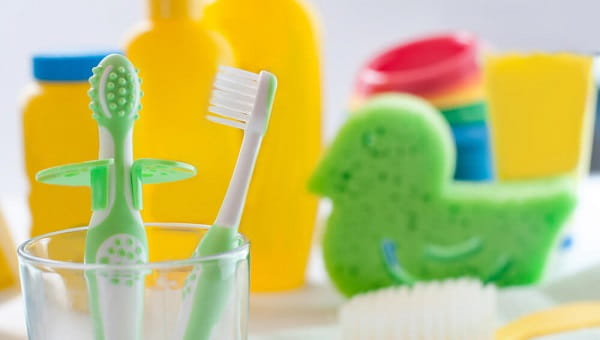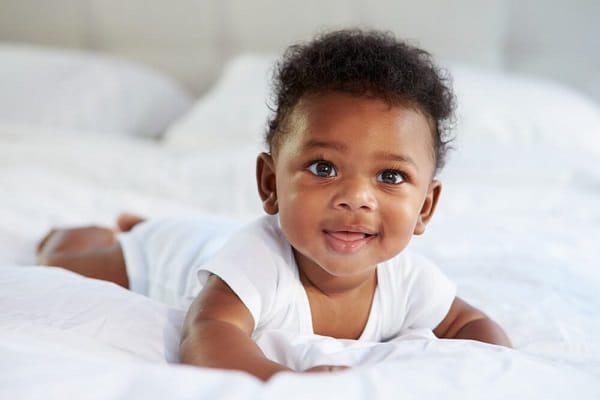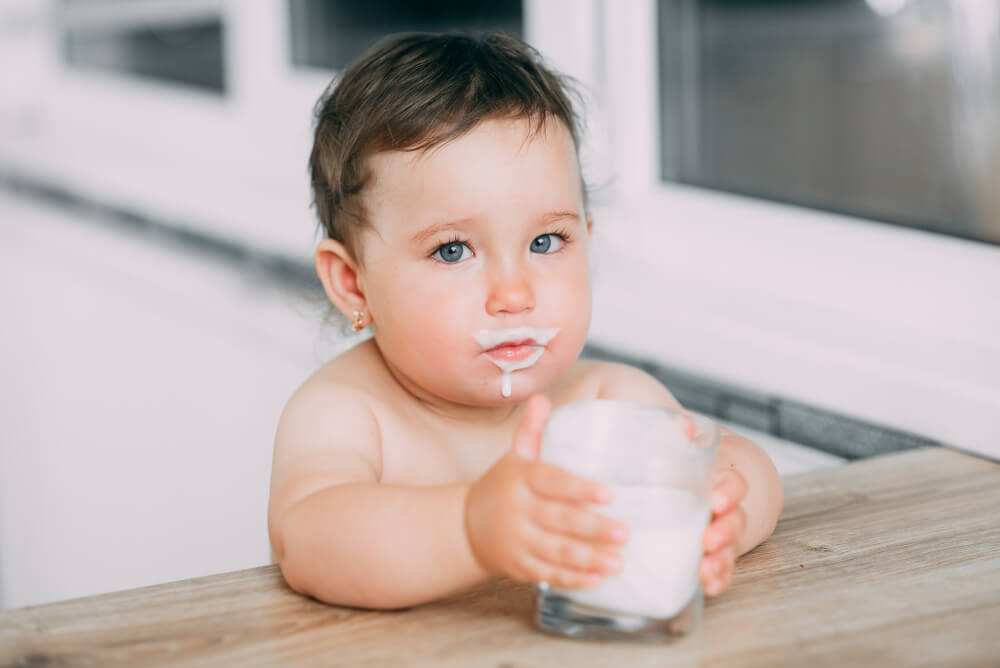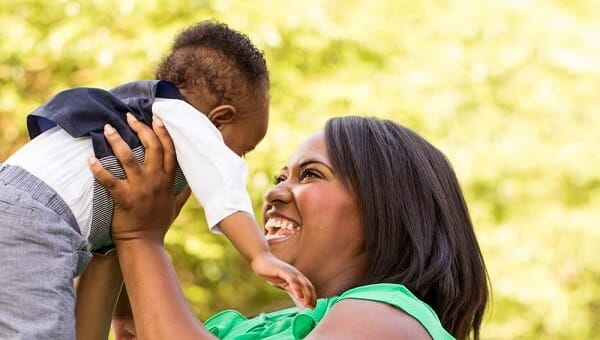Did you know that tooth decay is the single most common disease among children? In fact, half of all children have gingivitis, and one in five toddlers will develop at least one cavity before their first trip to the dentist! Even if baby’s first tooth hasn’t yet popped into view, it’s not too early to begin practicing good oral hygiene. And, starting the habit now make it easier for both you and baby to continue the clean teeth routine in the future.
Caring for gums
To keep baby’s mouth clean, use a warm, damp washcloth to wipe down the gums after each feeding. This helps to prevent bacteria growing from the small amounts of milk that stick around in the mouth. Also, if a bottle is part of the bedtime routine, don’t let baby go to sleep with the bottle, as this is one of the biggest causes of cavities in little ones.
First teeth
When those first pearly whites show themselves, you can continue to use the washcloth, or get a very soft baby toothbrush and brush the teeth and gums with water only. Even though these baby teeth will be replaced one day with permanent teeth, it’s still important to keep them healthy. They keep the space ready for “grown-up” teeth, which reduces the risk of needing expensive orthodontic work in the future. They also play an important role in baby’s learning to chew, talk and smile.
Is fluoride necessary?
It’s too early to use toothpaste with fluoride, or even baby toothpaste. If your baby drinks fluoridated tap water, then that might be sufficient to help prevent tooth decay. If not, you can ask your pediatrician if you should give fluoride supplements.
When to visit the dentist
Both the American Dental Association and the American Academy of Pediatrics recommend that babies take their first trip to the dentist after the first tooth comes in, or no later than their first birthday. Beginning regular dental visits will not only help keep baby’s teeth healthy, it’ll also get them used to going to the dentist’s office as your baby grows into toddlerhood.




